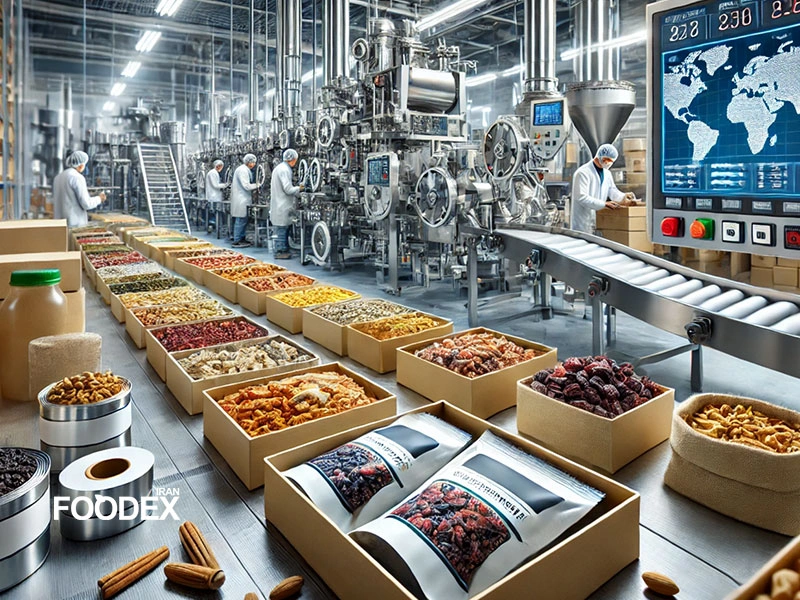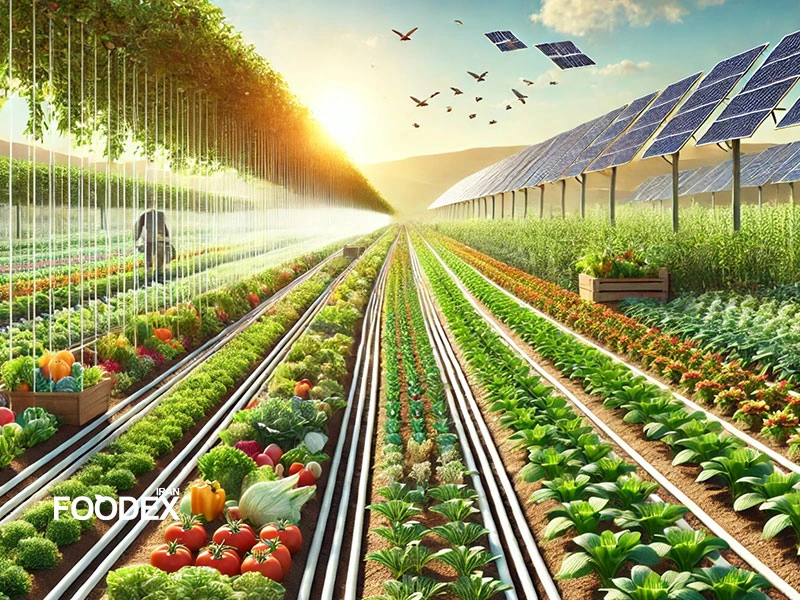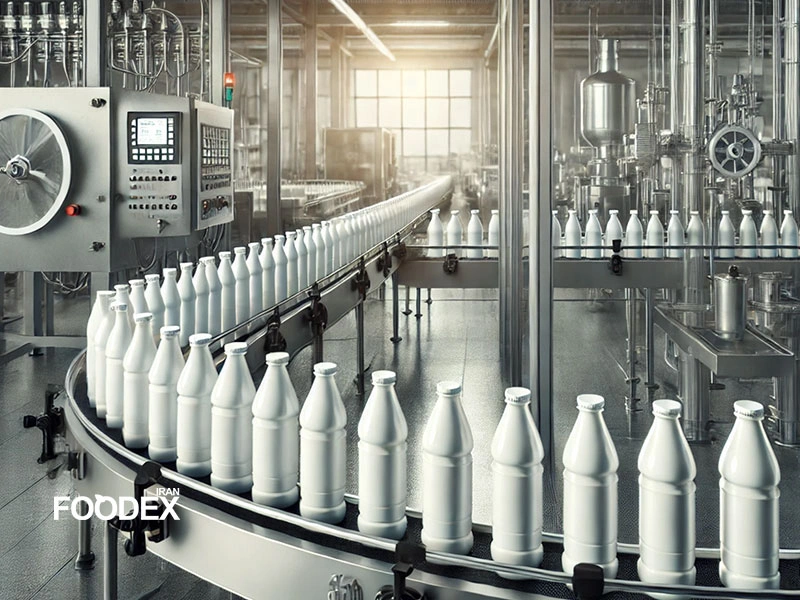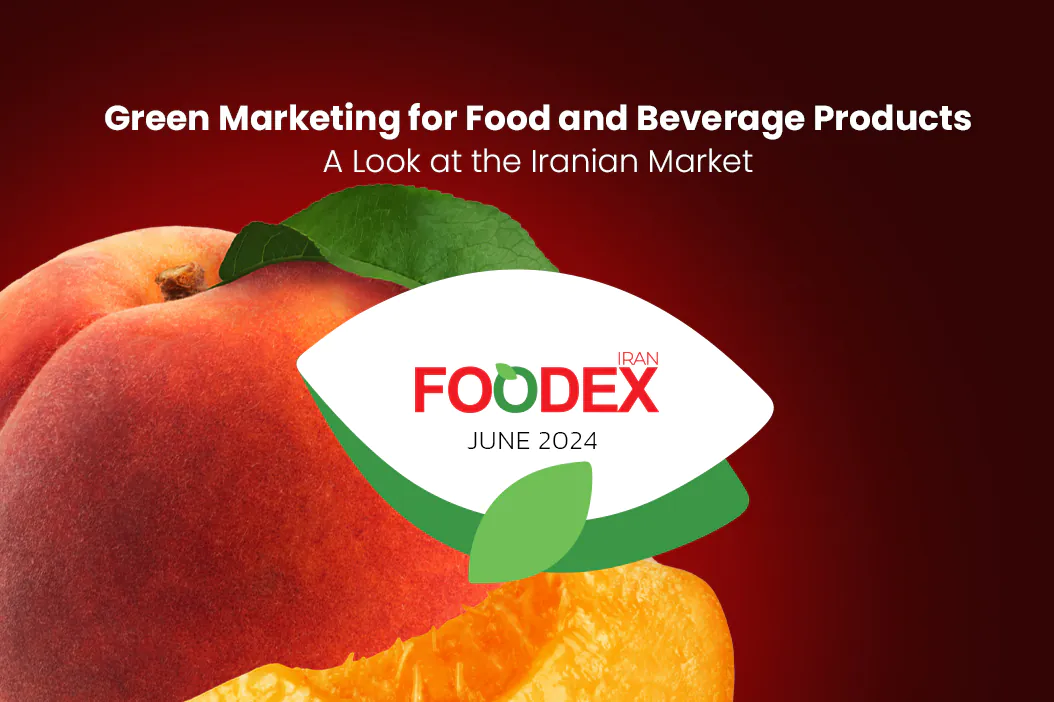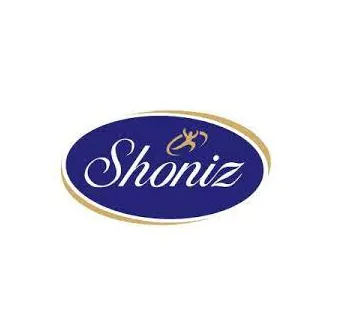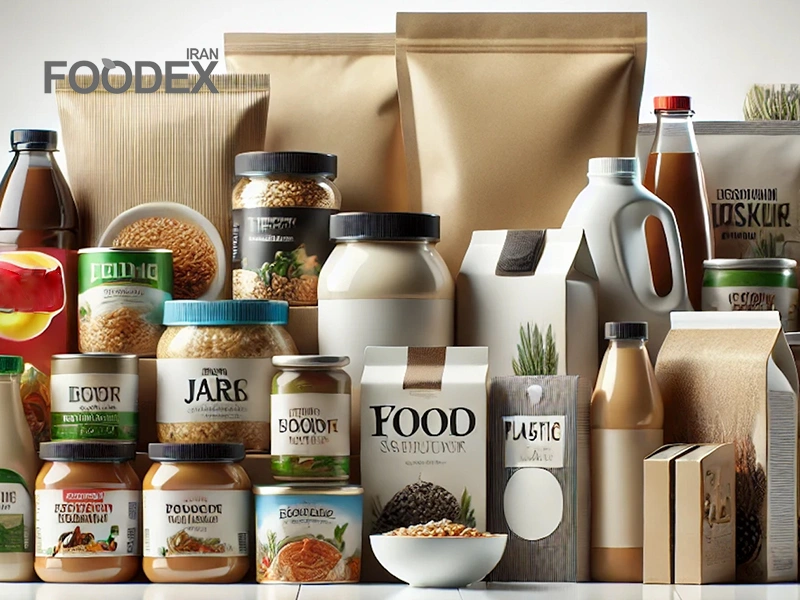The Iranian food and beverage industry is one of the busiest and most profitable, with huge opportunities opening for new businesses due to the increasing demand for a wide variety of quality food products. From homemade organic foods to fast foods and packaged products, this is an industry that promises immense margins of profit but can also contribute to improving lifestyles in the community at large. However, entry into such trade requires adequate preparation and a keen eye for the market, with due awareness of relevant regulations. It is against this background that this article has attempted to compile an exhaustive guide for any entrepreneur looking forward to venturing into the food industry.
Section 1: Concept Development Based on Market Needs
Success in the food industry requires a profound knowledge of market demand and ideation. Here, we will build the basics in the identification of opportunities and product-to-customer alignment.
Profiling Opportunities in Food Industries
Success in the food sector is, of course, much more than just creativity and innovation; it requires an understanding of the real and emerging needs of society. Some key trends and demands of the Iranian market in relation to foodstuffs involve:
Organic and Healthy Foods: There is an increasing demand for natural organic low-fat products with a growing consciousness towards health.
Traditional and Homemade Foods: People like authenticity and quality; hence, the trend for local and homemade foods is also gaining momentum.
Ready-to-Cook Products: The fast pace of life propels most people into opting for semi-prepared foods that have to be merely finished and served.
In order for you to appreciate these opportunities, conduct market research through industry reports, online surveys, and consumer data to have a much deeper appreciation of the needs of audiences.
Market Analysis and Consumer Behaviour
One of the secrets to success when it comes to food and beverages is knowing your audience. Some important questions to be answered include:
- Who is your ideal customer?
- Is it families, young adults, or people with particular dietary preferences, such as veganism?
- What kind of products are they seeking?
- Healthier, cheaper, faster to prepare?
- Is it an e-buyer? What stores does this consumer frequent?
Section 2: Legal Procedures and Permissions
Any food business developed must be complemented with legal requirements and health permits that will grant legal validity to the business. This section will help in understanding all legal requirements and standards that are presented to a person who wants to get into the food industry.
Legal and Health Requirements
The food and beverage industry must adhere to strict health policies and regulations. Every food company should achieve the following measures:
FDA Permits: The FDA is a bipartite body that certifies the safety of products and requires food permits from all food businesses.
Standard Certificates: It is necessary to comply with special standards, including HACCP and other related laws of the National Standards Organization of Iran.
Note: For more information on how to start the permit process, one can contact either the Food and Drug Administration or the National Standards Organization.
Company and Brand Registration
It involves legally incorporating the company or brand to establish it. Some necessary measures to achieve this are as follows:
Company Structure Selection: The choice of company types, such as a limited liability or joint-stock one, is to be decided.
Trademark Registration: If you want to prevent the duplication of your brand, then proceed and register it with the Intellectual Property Center.
Hint: Check out the Internet site of your country’s company registration website and the Intellectual Property Center—you can accomplish a lot of this there.
Section 3: Production and Distribution Planning
With permits secured, the focus now shifts to preparation for production and distribution. At this stage, the right location should be sought, and quality equipment and raw materials should be sourced.
Choosing a Business Location
The selection of location is very important; it should be carefully chosen based on the following aspects:
Customer Accessibility: How easy is it for customers to access the store or workshop?
Health Compliance: The site should meet health standards, and for store or workshop setups, there should be specified requirements.
Sourcing of Equipment and Raw Materials
Invest in suitable equipment, source raw materials from reliable material suppliers, and produce high-quality goods.
Equipment: Heavy machinery may be required, perhaps in manufacturing and packaging processes, depending on what you are selling.
Suppliers: Choose suppliers whose standards in the shipment meet health standards.
Tip: Appropriate equipment enhances efficiency and reduces resource waste.
Section 4: Launch and Marketing
It is this effective marketing and branding that attracts customers. This section shall review how to introduce your products to the market.
Branding and Advertising
Branding is one of the most critical factors in the success of food businesses. A brand that can tell its story more effectively will hold a better place in the minds of customers.
Differentiation: What sets your brand apart? Is your product organic by nature? Do you provide special services?
Digital Marketing: With the use of social media, websites, and email marketing, one can show the product to the customer.
Influencer Marketing: Manufacturer-branded collaboration with food influencers on Instagram and YouTube will raise brand awareness.
Online and Offline Sales
In Iran, food is being sold both physically and online.
Physical Stores: Set up your own store or tie up with local shops for direct sales.
E-Commerce Websites: Hollas, such as Digikala and Basalam, are conveniently acting for online sales.
Tip: Combining online and offline sales increases your reach, ultimately growing your business.
Section 5: Business Management and Improvement
Quality control and good financial management are major elements that help the company remain competitive within the food industry. This section will provide an overview of some basic things to know about quality control and continuous process improvement.
Quality Management and Continuous Improvement
In addition, the quality of the product always has to be upheld, which automatically generates customer loyalty.
Customer’s Response: Rebuild your products based on the customer’s feedback.
Improvement Process: Continuous evaluation and further improvement of the production processes.
Financial Management
Financial control is the only key to success in the food industry. Some of the applications of principles include:
Budget: Keep careful watch over costs from production down to marketing and expansion.
Tracking of Revenue: Utilize accounting software in order to control expenses and manage cash flow.
Reliable Resources for the Food and Beverage Industry in Iran
To succeed in launching and managing a food business, it’s crucial to use reliable resources that cover legal, regulatory, and management essentials. Here are a few resources that provide valuable insights at every stage of business development.
Legal and Health Resources
Food and Drug Administration of Iran (IMED): This organization issues health permits and oversees food product quality. Visit imed.ir for information on health permits and food safety standards.
National Standards Organization of Iran: This organization issues certifications, including ISO and HACCP, ensuring the health and safety of food products. Visit standard.isiri.gov.ir.
Iranian Food Trade Union: To officially register a company in the food industry, obtaining a permit from the relevant trade union is essential. This organization offers guidance on business setup and legal requirements.
Market Research and Analysis Resources
National Statistics Center of Iran (amar.org.ir): This center publishes statistical data on various industries, including food, covering consumption, production, and consumer behavior to assist with market analysis.
Ministry of Agriculture Reports: These reports provide insights into production, distribution, and consumption trends for agricultural and food products in Iran.
Online Marketing and Sales Resources
Digikala Platform: As one of Iran’s largest online stores, Digikala is an ideal platform for food product sales, reaching a wide audience.
Basalam Platform: This local online marketplace helps small and medium businesses, especially home and local food businesses, grow.
Financial Support and Investment Resources
Innovation and Prosperity Fund: This fund supports startups and new businesses, including those in the food industry.
Development Banks and Government Support Funds: Several banks and government funds, such as the Industry and Mine Bank, offer financial support to small and medium food and beverage businesses.
These resources equip you with reliable and practical information, from concept development and market analysis to obtaining permits and managing finances, ensuring the success of your business.
Starting Your Journey in the Food Industry
Entering the food industry comes with both opportunities and challenges. Still, with a comprehensive plan, regulatory knowledge, and effective marketing strategies, you can succeed. Use this guide to confidently begin your journey and establish a sustainable and successful business in the food and beverage sector.
Ehsan Allahverdi
Executive Manager of Foodex Iran
Marketing Consultant for Leading Food & Beverage Brands
website | linkedin

